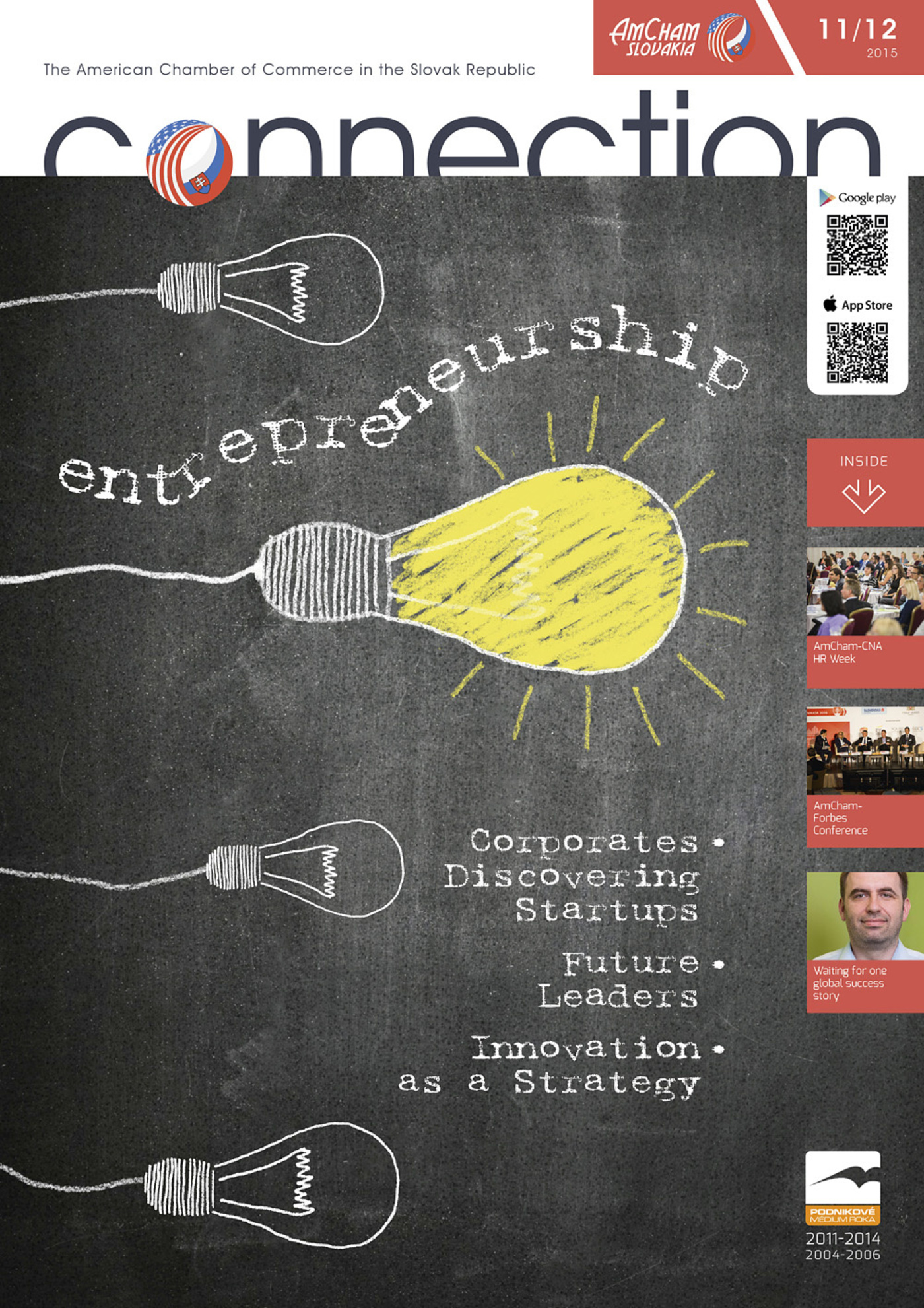Start a new business or seek employment?
This is a typical question for every woman when making a decision about her professional career. Women are naturally more risk averse and tend to analyze things in more detail and spend more time reading the market than men. But why? The first thing that women struggle with is the issue of self-confidence and motivation. This is followed by the work-life balance decision. The third issue is related to business opportunities. Outside of Bratislava, we see a very different Slovakia when it comes to gender stereotypes, business opportunities and access to information. There is still a high percentage of women who do not have access to basic information on how to start or run a business, i.e. what activities are necessary when establishing a company, how to finance a start-up, etc.
What are recent trends?
Dow Jones released a study in 2012 that looked at venture-backed companies from 1997 to 2011. The study found that having women in executive positions in startups is more likely to lead to success.
A recent study by researchers from the Harvard Business School found that even with exactly the same pitch, venture capitalists and the average person chose the man over the woman. As a result, according to the Center for Venture Research, only 7% of venture capital funding in the US goes to women.
After examining a decade’s worth of data from 300 portfolio companies, First Round Capital found that startup teams with at least one female founder performed 63% better than all-male teams. The data also showed that women are present in the top ranks of their ten most valuable companies.
What should be done?
The Entrepreneurship Action Plan 2020 released by the European Commission includes women in the category next to disabled people, migrants, seniors, etc. This is a group of the European population which is underrepresented in the EU28 as regards entrepreneurial activity. Access to finance, training, networking and the work-life balance are also core problems for women in Slovakia. That’s why the Slovak Women Platform has formulated nine recommendations in three areas – work-life balance, women leaders and managers and of course women entrepreneurship in its project “Voices of Women – We Want a Better Life”, including:
1. Decreasing the excessive administrative burden when establishing a business in Slovakia. The goal is the possibility to establish a business in 24 hours using one consolidated register from one contact point online.
According to the World Bank, when it comes to establishing a business, there are still 76 better economies in the world. In Slovakia, it takes approximately 12 days to establish a business.
2. Establishment of co-working and motivation-educational centers based on local partnerships.
This recommendation is focused on women in smaller towns and in rural areas. There are a considerable number of women entrepreneurs in the regions who should not be forgotten. Local partnerships between municipalities and the local private and non-profit sector could be a solution to bringing entrepreneurship ideas closer to women.
3. Small credit scheme for women entrepreneurs with a symbolic interest rate connected to the advisory services.
Startups, micro-entrepreneurs, entrepreneurs with a more risky profile and female entrepreneurs often find it more difficult to obtain financing from commercial banks. This could be an area where public financing could be of benefit. In addition, providing financing could be connected with mentoring and advisory services provided by mentors or experienced entrepreneurs aiming to help female entrepreneurs to overcome market problems.
In conclusion, it is important to state that targeted support for female entrepreneurship is essential. Moreover, it is important to present role models of successful female entrepreneurs. We should continue building up the structures of female leaders who will motivate the next generations and give them the motivation to fight gender stereotypes, which is the core obstacle to women entrepreneurship.
Dominika Bizíková, Head of Communication Department, Slovak Business Agency (SBA)



Follow us